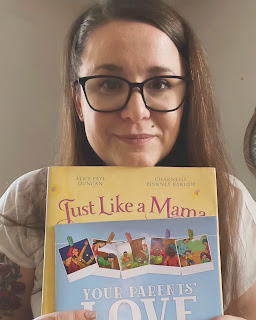Updates & Connecting With me These Days

Welcome to a space on the web that I have considered to be home for more than one third of my life thus far. I have reshaped this space and its purpose around the adoptee voice repeatedly for the past thirteen years. My readers probably realized something long before I was able to. That is, the capacity to produce long-form content, like blog entries, is something that has not fit my ever-evolving lifestyle in years. However, I have been able to provide (nearly weekly) content on Instagram . Although I will always maintain this blog space here (and post from time to time), it's time to shift the active face of The Declassified Adoptee to Instagram. Honestly, it's time to admit that Instagram has been my primary platform for a while now. It's time to release disappointment with myself that long-form blogging, my original form of activism, no longer fits my life. The reason why long form content just does not suit me right now is a positive one. I am working full-time with



